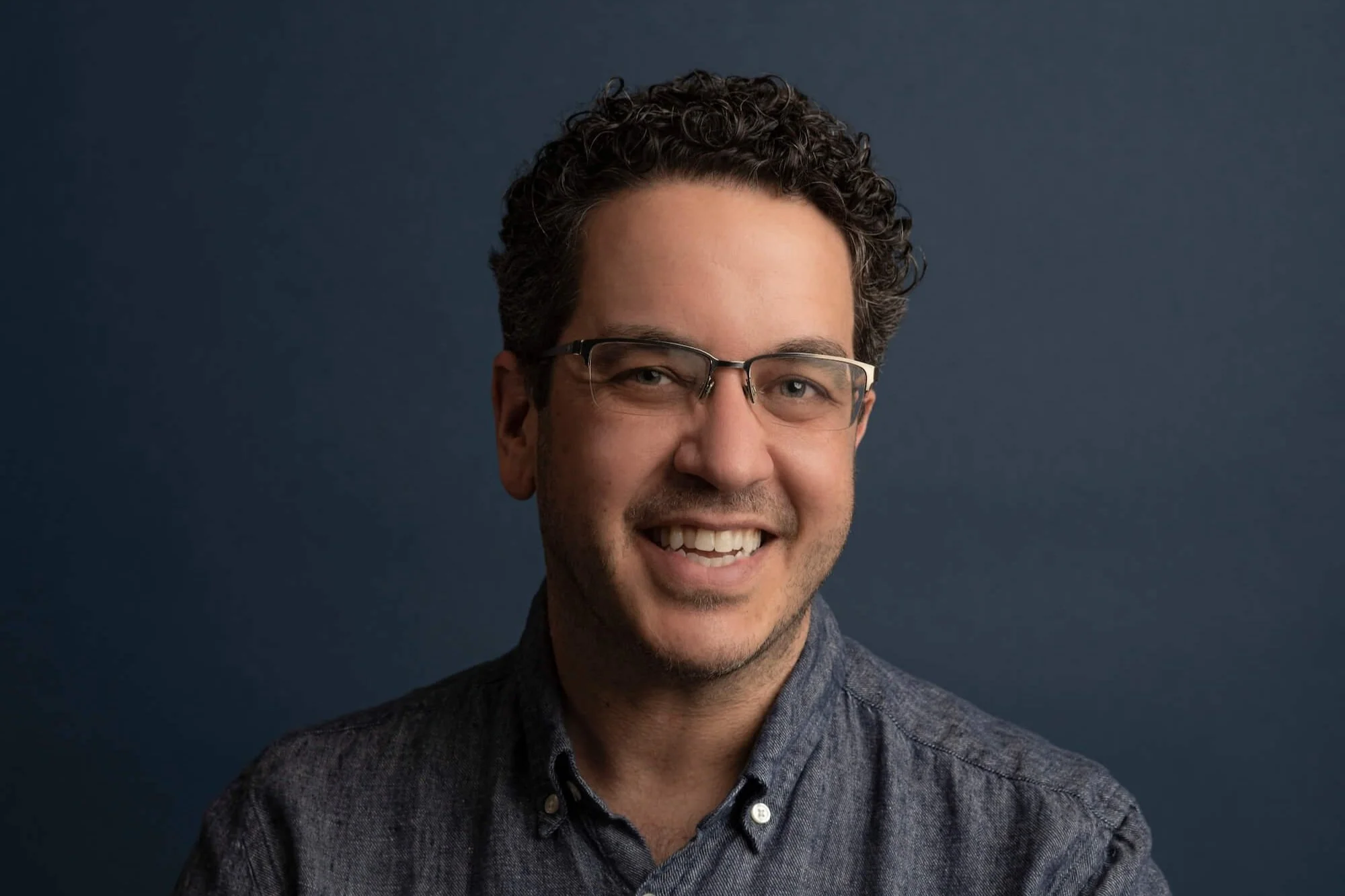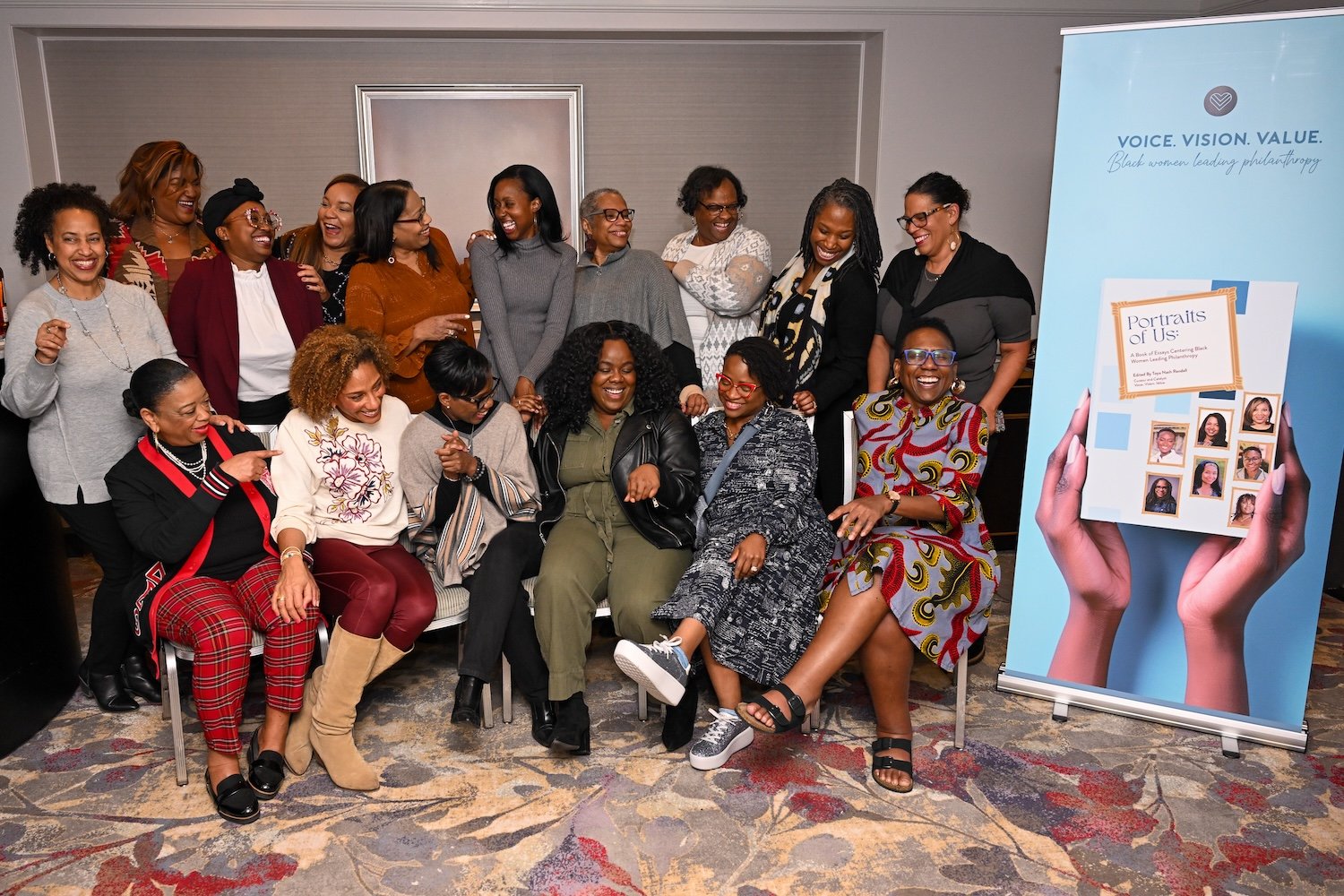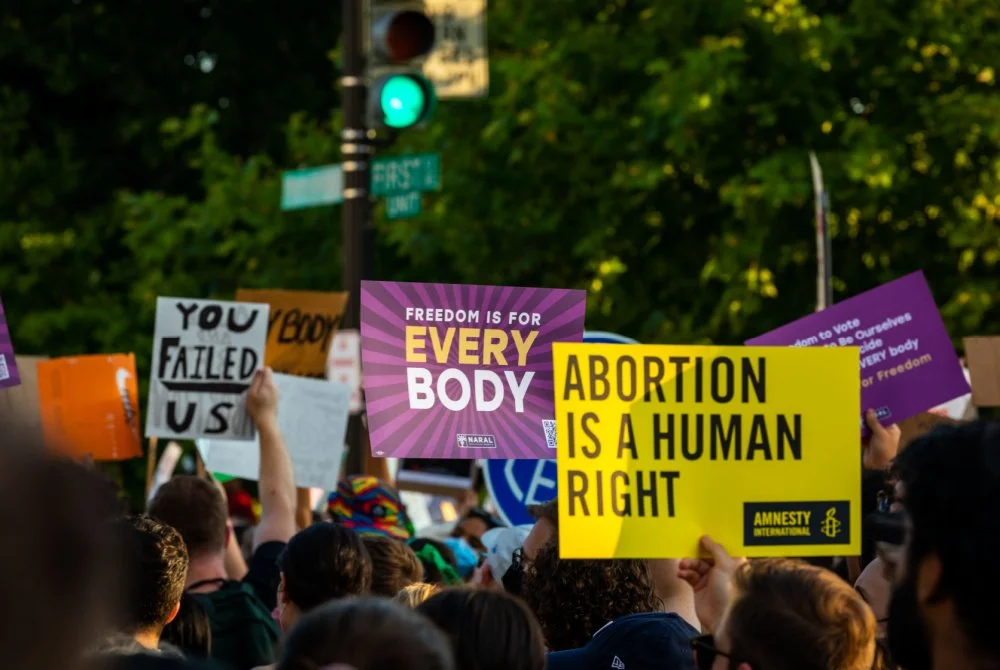Looking Inward: The New Fund Seeking Racial Equity in the Nonprofit Sector
/photo: Rawpixel.com/shutterstock
The Ford and W.K. Kellogg foundations recently teamed up with Borealis Philanthropy to launch the Racial Equity in Philanthropy Fund. The fund just released its first round of grants, totaling $14 million, which will go to advancing racial equity and promoting diversity within the philanthropic and nonprofit sectors.
Nonprofits rarely resemble the communities they serve. Studies show that fewer than 20 percent of nonprofit leaders are people of color. These grants are a bid to change that.
The W.K. Kellogg Foundation contributed $14 million over the next three years to the new fund. The Ford Foundation provided an additional $6 million over the same period.
It's not surprising to see Kellogg and Ford collaborating on this effort. Both foundations have made racial equity a priority, working to combat racial discrimination and also taking on the deeper problems of structural racism.
Back in 2015, Ford revamped its strategy to focus on fighting inequality. Chris Cardona, the foundation’s program officer focused on philanthropy, says that cultural narratives and discrimination based on identity including but not limited to race and ethnicity are a big part of that work.
Kellogg, meanwhile, has long been a leading anti-poverty funder, and one of the few top foundations to make countering racism a major part of its grantmaking. It's been working on racial healing since 2010. Last year, the funder released $24 million in grants as part of its Truth, Racial Healing and Transformation Initiative, which launched in 2016.
Kellogg’s own journey as a philanthropic organization dedicated to fighting racism inspired the mission of the Racial Equity in Philanthropy Fund, said Arelis Diaz, the foundation’s director of the president’s office.
The foundation started out supporting scholars and research focusing on the effects of racial bias, before coming to the conclusion that it needed to do more. The result was the Kellogg’s work on racial healing and the realization that the institution needed to turn its gaze inward at its own practices and policies, as well, Diaz said.
That meant looking at hiring policies and talking to the foundation’s board, which made a statement affirming that Kellogg would be an “anti-racist organization.” For other organizations, it could also mean examining practices around conference speakers and session topics, or evaluating which articles and publications are published or supported by the nonprofit.
Those types of internal and external policies and practices will be the core focus of the first round of grants from the Racial Equity in Philanthropy Fund. The $14 million in initial grants will support that work over three years across 19 philanthropy-serving organizations, including ABFE formerly known as the Association of Black Foundation Executives, BoardSource, CFLeads, CHANGE Philanthropy, Emerging Practitioners in Philanthropy, Equity in the Center, Exponent Philanthropy, Foundation Center, Funders for LGBTQ Issues, Grantmakers for Effective Organizations, GuideStar, Hispanics in Philanthropy, United Philanthropy Forum, Native Americans in Philanthropy, Nonprofit Quarterly, National Committee for Responsive Philanthropy, PEAK Grantmaking, Philanthropic Initiative for Racial Equity and the University of Arkansas Clinton School of Public Service Center on Community Philanthropy.
The grants arrive amid growing awareness in the nonprofit field about its lack of diversity and the gap between organizations and the communities they serve.
“Our society, our organizations, our communities are hungry for this. They want this,” Diaz said. “They want to know how to engage to advance racial equity.” And the research backs her up.
A study on the racial leadership gap at nonprofits released in 2017 by the Building Movement Project with support from the Annie E. Casey Foundation, found that respondents of all races identified the lack of people of color in leadership roles as a structural problem facing the nonprofit sector. Those surveyed suggested that boards and executive recruiters could do more to close the gap. The report’s authors also suggested the sector needed to work to address the assumptions and implicit biases embedded in nonprofit policies, practices and structures.
A more recent survey of nonprofit CEOs by the Center for Effective Philanthropy revealed that these leaders are aware of the sector’s diversity problem and want to change it. About 60 percent wanted their funders to engage with them on promoting organizational diversity. They thought it would help if funders supported racial equity work or provided professional development opportunities like workshops and webinars.
Related: How Can Funders Help Nonprofits Become More Diverse? Do Nonprofits Even Want Such Help?
It’s easy to understand why organizations would want to pursue the equity they seek to promote in the outside world within their own walls, even as their execution is imperfect. However, reasons to pursue organizational diversity go beyond altruism, Cardona and Diaz said. In their work, they’ve found that equity is essential to impact.
“For us, diversity and representation are critical because they lead to better decisions, greater impact and more legitimacy,” Cardona said. Lack of diversity within the sector has consequences when it comes to the types of projects nonprofits take on and are able accomplish.
“Increasingly there’s a disconnect there because there’s a lack of access to lived experiences, which leads to assumptions about what folks’ needs are, what benefits are best for them, that doesn’t take into account that voice for them directly,” Cardona said. “As a result, it doesn’t have as much impact as it could.”
“You need a full range of perspectives to inform the decisions that you make and the work that you support.” he said. “I think also that for foundations, as well as for nonprofits, with representation there’s an element of legitimacy and credibility in today’s world in particular.”
Related:







































